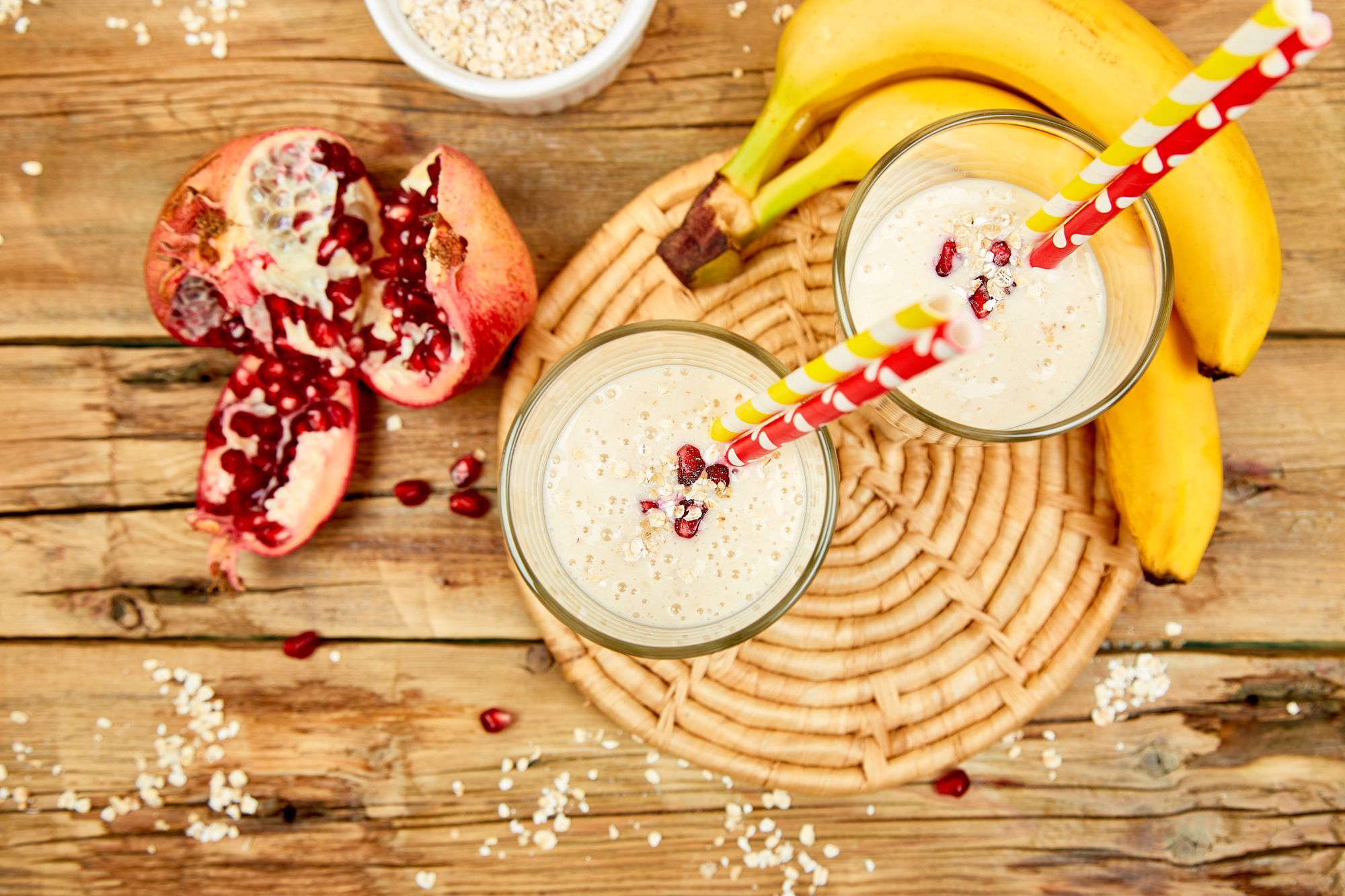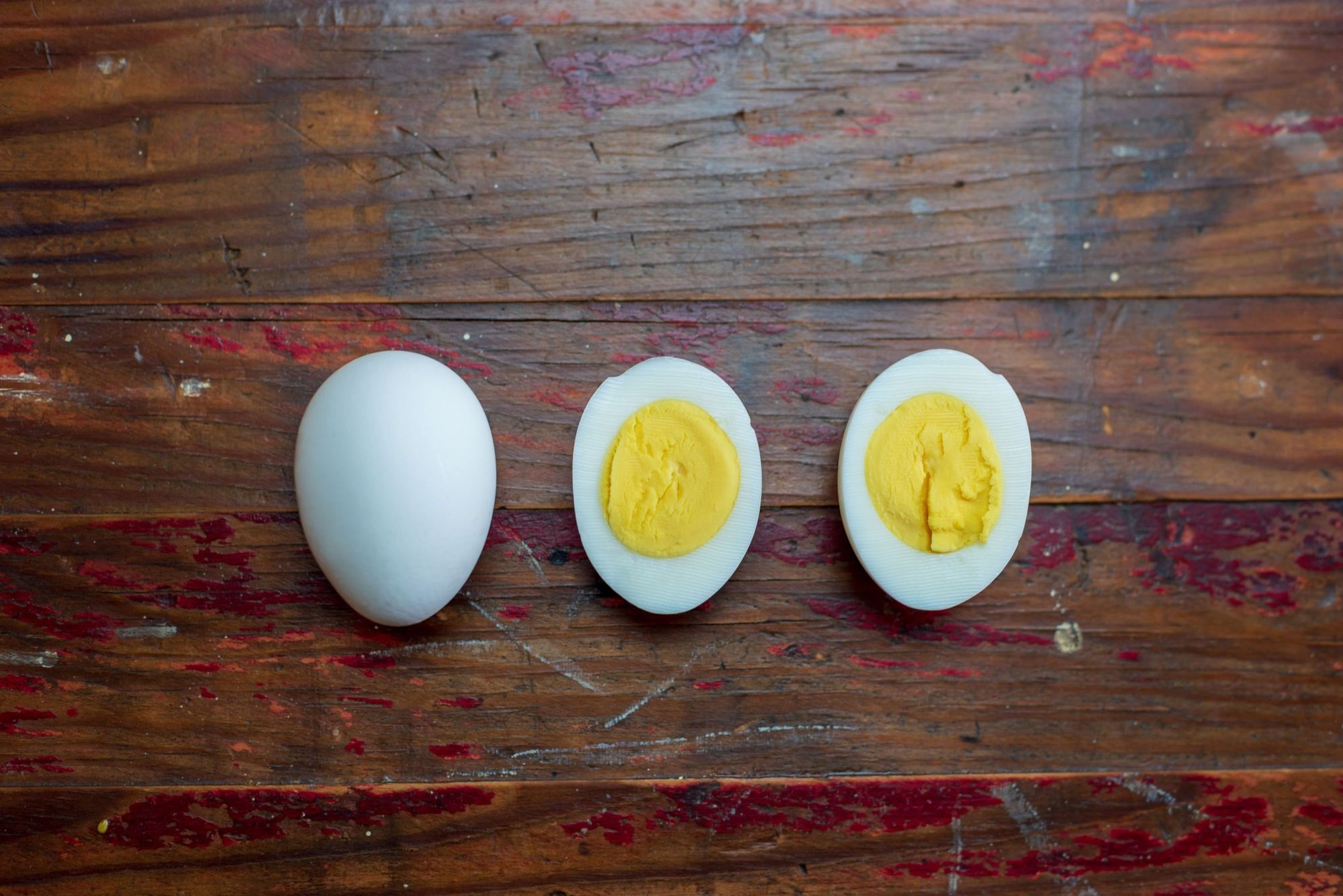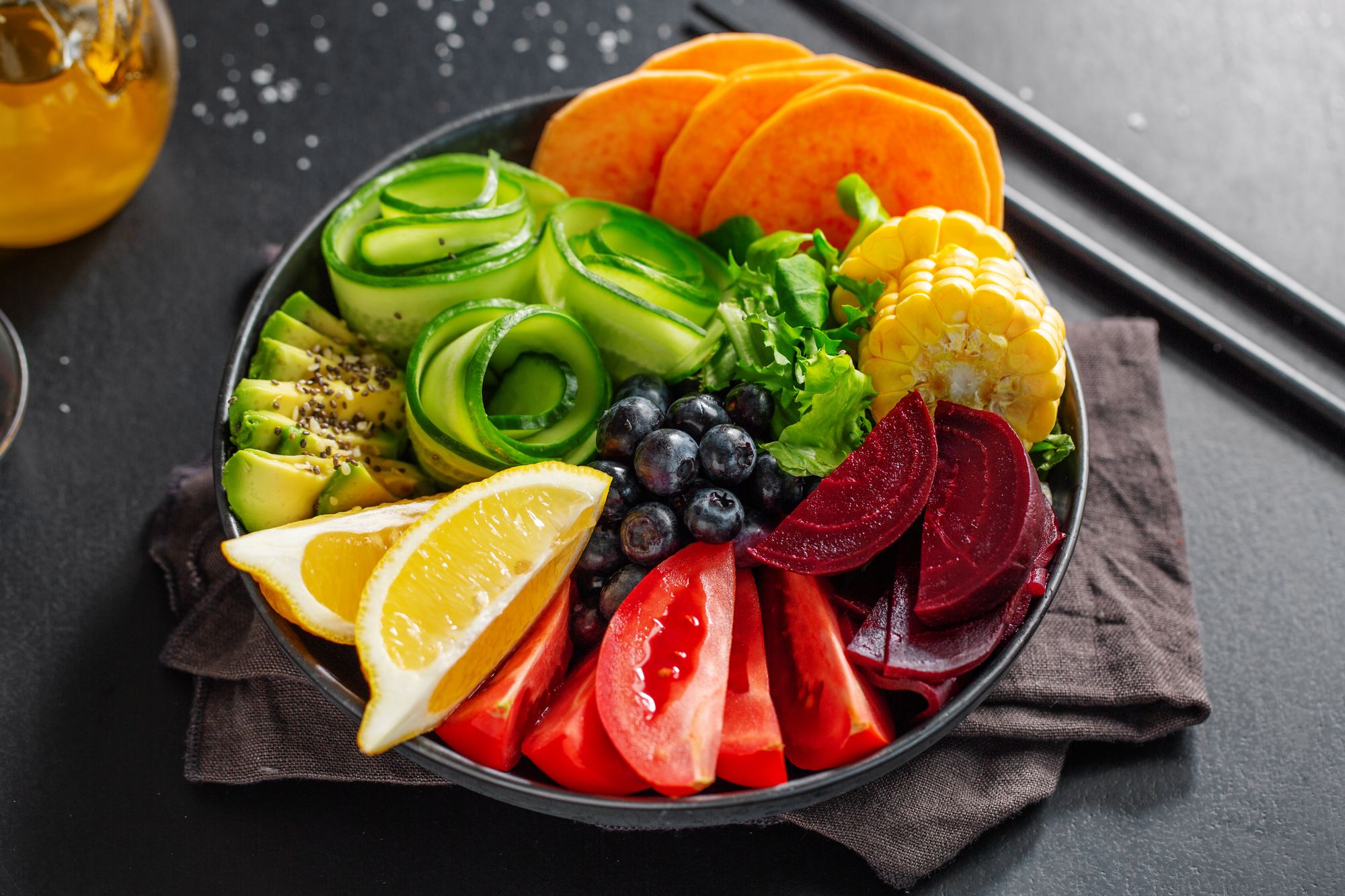Plant-Based Milk vs Animal Milks: Which Is Better for You?
Plant-based milks are all the rage these days. But how do they actually stack up against the "OG" dairy milk? We compare the two in this article.

Plant-based milks are no longer exclusively loved by lactose-intolerant folks.
Instead, even those who can drink animal milks without sprinting to the bathroom are swapping them out for plant-based alternatives. But why?
Are they truly healthier or better than the “OG” dairy milk?
If you’ve ever wondered how plant-based milks stack up against dairy milk, you’re in luck. This article is here to answer all your milk-related questions.
What is plant-based milk?
Plant-based milks are dairy milk substitutes made from nuts, seeds, grains, or legumes.
And no, strictly speaking, no "milking" or udders are involved during the manufacturing process (as you'd expect with dairy milk). Instead, plant-based milks are typically made by:
- Soaking the nut, seed, grain, or legume in water, then
- Grinding them up into a puree, before
- Pressing and straining the liquid, or “milk”
While a dizzying array of plant-based milks is available, SPINS — a market research company in the United States — found that the following have captured the most hearts (based on 2021 sales data): almond, oat, soy, coconut, pea, and rice.
What to consider when picking between plant-based milks and animal milks
OK, so let's get the elephant in the room out of the way.
Are you lactose intolerant? Or simply opposed to the idea of consuming dairy milks? Either way, that’ll mean plant-based milks are your only option in scenarios where you’re looking to:
- Add a touch of creaminess to your morning cup of coffee (or recipes)
- Sip on something “milky”
- Bump up your protein intake
Well, you get the idea.
But here’s the thing. What if you have the flexibility of picking between the two?
How do you make a choice?
Obviously, we cannot tell you what to do. What we can do, however, is share how plant-based milks compare against animal milks based on the following factors.
Environmental impact
Making the switch from animal milks to plant-based milks can help you lessen your impact on the environment.
According to a 2018 meta-analysis published in Science covering data across 38,000 (!) commercial farms in 119 countries, animal milks:
- Causes ~3 times as much greenhouse gas emissions (note: greenhouse gases, like carbon dioxide and methane, trap heat in the atmosphere and warm the planet — but, like, not in a good way 🔥)
- Uses ~10 times as much land
- Guzzles 2 – 20 times as much freshwater
- Creates much higher levels of eutrophication (i.e., the process in which a water body becomes overly enriched with nutrients, leading to excessive plant and algal growth that destroys the balance in the ecosystem)
… than plant-based milks. Oof.
Finances
Good for the environment, but bad for your wallet? Uh-huh.
You can expect to hand over a larger chunk of your hard-earned money for plant-based milks than their dairy alternatives. And how much larger are we talking about, exactly?
You might want to brace yourself: Mintec, a company analyzing food commodity price data, found that the retail price of plant-based milk is roughly twice — yes, that also means double — that of dairy milk.
(As if you weren’t already spending an arm and leg on groceries! 💀)
Now, let’s be realistic.
If purchasing plant-based milks over animal milks causes you financial stress, don’t do it.
Yes, they’re better for the Earth, but the truth is that there are so many other things you could do that’ll probably reduce your environmental impact to a greater degree.
For example: minimizing food waste, recycling, and driving less.
Nutritional profile
OK, but what if you can comfortably afford plant-based milks?
How are they on the nutritional side of things?
A 2022 study published in Nutrients provides answers. After sampling 1,042 plant-based milks (😮💨), the researchers found that, compared to dairy milks, the former tends to fall short on:
- These micronutrients: Vitamin E, B12, and zinc.
- Protein: Only 20% of the plant-based milk products met the basic protein standard of containing >2.2 grams of protein/100 grams, and only 15% met the more stringent, “best of class” protein standard (>2.8 grams of protein/100 grams). For reference, 100 grams of 1% fat cow’s milk delivers 3.4 grams of protein.
That said, as mentioned earlier, there are many different types of plant-based milks.
Saying that all are nutritionally inferior to dairy milk would do a disservice to some of the vitamin-fortified, protein-packed plant-based milks.
And which plant-based milk is the best on those two fronts?
Well, there are two in particular: soy-based and pea-based milks.
Both are complete proteins and contain ~3.3 grams of protein/100 grams, comparable to what you'd get from cow's milk.
Also, for those wondering about soy’s “feminizing” effects on males … research says your worries are unfounded.
This 2021 meta-analysis of 41 studies published in Reproductive Toxicology failed to identify any meaningful impacts of soy product consumption on sex hormone outcomes in males.
And many of the included studies investigated soy isoflavone intakes above 100 mg/day, with some exceeding 200 mg/day.
For context, the average daily soy isoflavone intakes in countries with the highest consumption of soy products generally fall below 50 mg/day.
Also, you don't have to rely on plant-based milks to hit your daily protein requirements. There's also protein shakes and your dietary choices:


Other factors
Beyond environmental, financial, and nutritional factors, plant-based milks also boast several unique characteristics that may appeal to you:
A chance to switch things up: Dairy milk is great. But if you’re looking to switch things up occasionally (you got to keep things fresh, right?), plant-based milks fill the gap perfectly.
Storage: Most plant-based milks are shelf-stable. That means, like UHT milk, you could stock up on boxfuls without having to chill them. This could free up precious refrigeration space and potentially cut down on the number of grocery store runs you need to do.
Interested in transitioning to a plant-based diet? Check these out:



Stay on top of your macronutrient goals with GymStreak
If you made it all this way, it probably isn’t a long shot to say you’re someone who cares about how you’re fueling your body.
This, in turn, means there's a high chance you're interested in optimizing your macronutrient split — and tracking your progress in real-time in your daily life.
Good news: we have the perfect app for you.
In case you haven't heard, GymStreak, the smart, AI-powered personal trainer app, now features a nutrition tracker. So, beyond staying on top of your workouts, this handy app will also get you on top of your nutrition. How convenient is that? (Super-duper.)
Workout Programming + Nutrition Tracking, Off Your Hands
*sigh of relief* We'll guide you through it all — step-by-step. Just download the app, and you'll be making progress toward your dream body like never before.
References
Drewnowski, A. (2022). Most Plant-Based Milk Alternatives in the USDA Branded Food Products Database Do Not Meet Proposed Nutrient Standards or Score Well on Nutrient Density Metrics. Nutrients, 14(22), 4767. https://doi.org/10.3390/nu14224767
FoodData Central. (n.d.). Retrieved March 24, 2023, from https://fdc.nal.usda.gov/fdc-app.html#/food-details/173441/nutrients
Hamilton-Reeves, J. M., Vazquez, G., Duval, S. J., Phipps, W. R., Kurzer, M. S., & Messina, M. J. (2010). Clinical studies show no effects of soy protein or isoflavones on reproductive hormones in men: Results of a meta-analysis. Fertility and Sterility, 94(3), 997–1007. https://doi.org/10.1016/j.fertnstert.2009.04.038
Poore, J., & Nemecek, T. (2018). Reducing food’s environmental impacts through producers and consumers. Science (New York, N.Y.), 360(6392), 987–992. https://doi.org/10.1126/science.aaq0216
Reed, K. E., Camargo, J., Hamilton-Reeves, J., Kurzer, M., & Messina, M. (2021). Neither soy nor isoflavone intake affects male reproductive hormones: An expanded and updated meta-analysis of clinical studies. Reproductive Toxicology (Elmsford, N.Y.), 100, 60–67. https://doi.org/10.1016/j.reprotox.2020.12.019
SPINS. (2022, March 24). U.S. Plant-Based Food Retail Sales Hit All-Time High Amidst Turbulent Economic Conditions. SPINS. https://www.spins.com/spins-plant-based-retail-sales-outpacing-total-retail-sales/
White-paper—Plant-based-foods. (n.d.). Retrieved March 24, 2023, from https://mintecglobal.pagetiger.com/whitepaper/plant-based-foods


